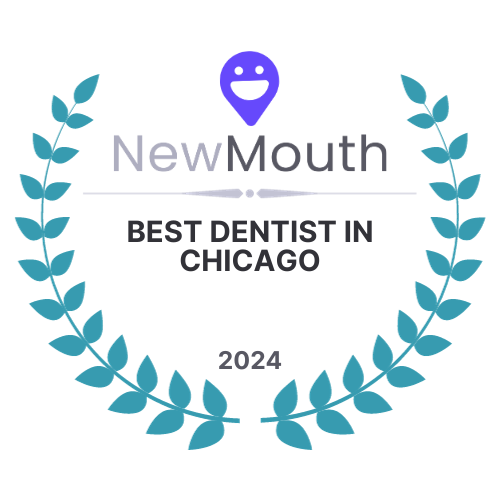Activated Charcoal and Your Teeth - The Uses, Benefits and Risks
How Times Have Changed: Dentistry in the Past 86 Years 86 Years Strong
The use of activated charcoal in health and wellness is certainly not new. As early as 1500 B.C. Egyptians were using it for intestinal ailments, and in 400 B.C. Hindus and Phoenicians began using it to purify water. Fast forward to the 17/18/1900s and you see uses ranging from poultices, poison control, detoxifying pills and more.
In the past couple of years, you’ve likely seen activated charcoal plastered across the internet for use in your oral hygiene routine, specifically as a toothpaste and teeth whitener. But is this a legitimate use or an ineffective fad? Let’s take a look!
What is activated charcoal?
Activated Charcoal is a form of carbon processed to have many, many small pores that dramatically increase its surface area for things like absorption and chemical reactions. This makes it a good medium for absorbing impurities, filtration, and for certain antiseptic applications.
What are its applications for teeth?
Many companies are now selling activated charcoal powders and toothpaste designed to clean and remove stains from your teeth. The most popular claims are its whitening capabilities, with many brands asserting results in as little as one use. Some even tout its antiseptic and exfoliating properties as a general tooth cleaner.
Is activated charcoal effective? Is it safe?
As outlined in JADA’s clinical literature review from late 2017, there are “insufficient clinical and laboratory data to substantiate the safety and efficacy claims of charcoal and charcoal-based dentifrices.” They call for larger scale studies to establish conclusive evidence.
From most dentists’ perspectives, the risks outweigh the potential benefits. Concerns include:
- Using extremely abrasive material on your teeth can irritate the gums, increase recession, and contribute to enamel erosion (which can actually make your teeth more yellow and sensitive!)
- If patients replace their usual toothpaste with charcoal, they are losing important fluoride exposure in their daily routine, which can increase the risk of dental caries (decay)
Our advice?
If you have a history of recession, acidic erosion, or excessive enamel wear, you may want to avoid any product like activated charcoal that is so aggressively abrasive. ADA approved whitening mouth rinses or dentist-performed whitening treatments are known, safe alternatives to charcoal powders. Bottom line, use caution and talk to your dentist!
